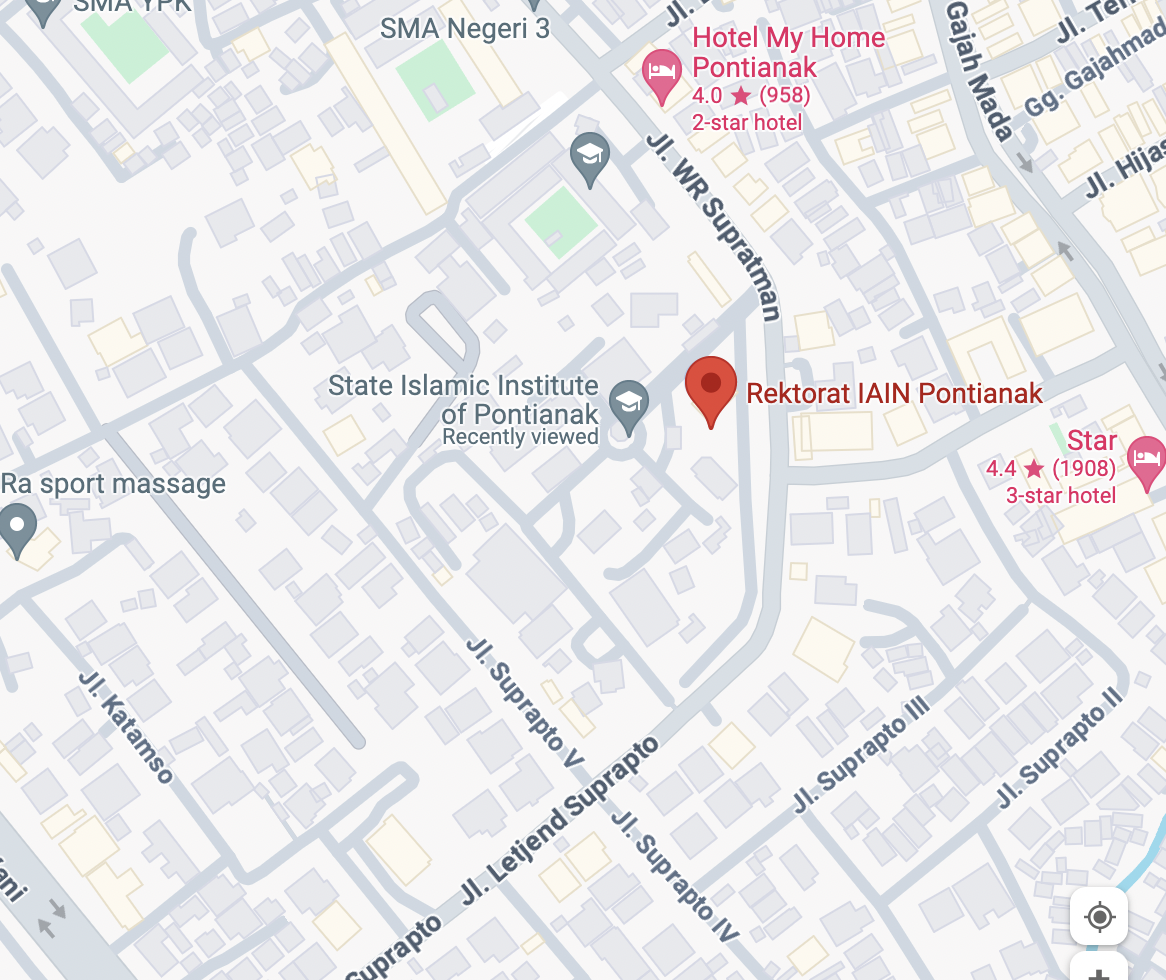KETERWAKILAN PEREMPUAN DALAM PANGGUNG POLITIK SEBAGAI BENTUK AFIRMASI
DOI:
https://doi.org/10.24260/al-aqad.v3i2.2431Keywords:
Keterwakilan Perempuan dalam Politik, Aksi Afirmatif, Kesetaraan GenderAbstract
The representation of women in the political arena, which has now become a matter of public and government concern, should be at least 30% within Political Parties. The law governing the representation of women in Political Parties is contained in Article 173 paragraph (2) letter e of Law Number 7 of 2017 concerning General Elections, which has been amended to Government Regulation instead of Law Number 1 of 2022. This article mandates that the representation of women in political parties must meet a 30% quota. Therefore, the author investigates this study related to the importance of women's representation in the political arena because there are so many female participants fighting for their rights. The patriarchal paradigm creates a social structure based on gender, where men are considered to have power in the public sphere, while women are deemed to have a natural place in the domestic realm of the family. Hence, the author's recommendation from the results of this study is to eliminate such assumptions to achieve gender equality. Indonesia is a country that supports and promotes gender equality.
Downloads
References
Asy’ari Muthhar, Moh. 2016. “Membaca Demokrasi Deliberatif Jurgen Habermas Dalam Dinamika Politik Indonesia.” USHULUNA, Jurnal Ilmu Ushuluddin 49–72.
Bacchi, Carol Lee. 1996. The Politics of Affirmative Action: “Women”, Equality and Category Politics.
London: Sage Publications, Inc.
Fadhil, Moh. 2019. “The Reconstruction of Age Limitation to Marry After the Constitutional Court’s Verdict as a Landmark Decision.” Economic and Social Development: Book of Proceedings (September):321–31.
Fadhil, Moh. 2022. “Amnesti Dan Kesetaraan Gender Di Indonesia: Telaah Terhadap Pemberian Amnesti Presiden Jokowi Kepada Baiq Nuril.” Jurnal Yuridis 9(2):162–80.
Faiz, Pan Mohamad. 2016. “Teori Keadilan John Rawls (John Rawls’ Theory of Justice).” Jurnal Konstitusi 6(1):135–49.
Hadiyono, Venatius. 2015. “Memaknai Perempuan Dalam Kursi Parlemen.” Kisi Hukum: Majalah Ilmiah Hukum 14(1):7–25.
Hamid, Hasriani. 2019. “Penentuan Kewajiban Kuota 30% Perempuan Dalam Calon Legislatif Sebagai Upaya Affirmative Action.” Jurnal Legislatif 24–31.
Hidayati, Alif. 2014. “Implementasi Kuota 30% Calon Legislatif Perempuan Di Gresik Pada Pemilu Tahun 2014.” Al-Daulah: Jurnal Hukum Dan Perundangan Islam 4(2):261–282.
Indrayanti, Kadek Wiwik. 2021. “Kajian Parameter Gender Dalam Substansi Peraturan Perundang- Undangan Di Indonesia.” Jurnal Cakrawala Hukum 12(2):195–204.
Karwati, Lilis. 2021. “Menolak Subordinasi Gender Berdasarkan Pentingnya Peran Perempuan Dalam Pembangunan Nasional Menjelang Bonus Demografi 2035.” Jendela PLS: Jurnal Cendekiawan Ilmiah Pendidikan Luar Sekolah 5(2):122–30.
Mulyono, Ignatius. 2010. “Strategi Meningkatkan Keterwakilan Perempuan.” 1–6.
Saadawi, Nawal El. 2011. Perempuan Dalam Budaya Patriarki. Yogyakarta: Pustaka Pelajar. Sochmawardiah, Hesti. A. 2013. “Diskriminasi Rasial Dalam Hukum HAM.” 60.
Statistik, Badan Pusat. 2023. Statistik Politik 2022. Jakarta: Badan Pusat Statistik.
Thalib, Nur Asikin. 2014. “Hak Politik Perempuan Pasca Putusan Mahkamah Konstitusi (Uji Materiil Pasal 214 UU No.10 Tahun 2008).” Jurnal Cita Hukum 1(2):233–48.
Wa Ode Nur Iman. 2023. “Peran Masyarakat Dan Kuota Perempuan Dalam Pemilihan Umum Serentak Tahun 2024.” Journal Publicuho 6(1):151–60.
Widanti, Agnes. 2005. Hukum Berkeadilan Gender. Jakarta: Kompas.
Zulkifli. 2019. “Kekerasan Dalam Rumah Tangga Perspektif Islam.” Raheema: Jurnal Studi Gender Dan Anak 6(2):162.







